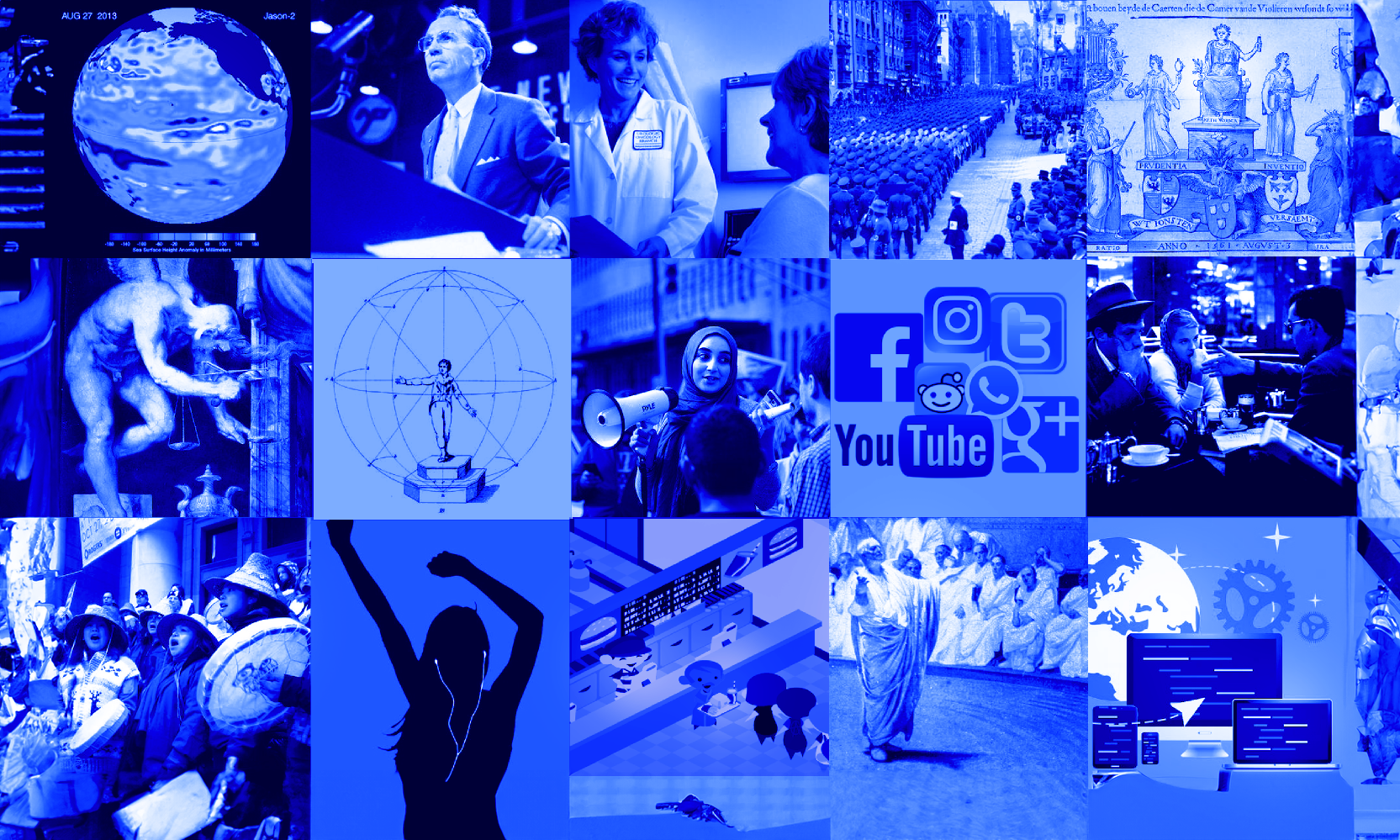
Welcome to our 2024 Member News post, in which we share news about the activities of RhetCanada members over the past year with the goal of helping us keep in touch with one another’s work. As usual, people have been busy!
We hope to see you at the 2024 RhetCanada Conference, which takes place online on June 8 and in person June 12-14 in association with the 2024 Congress of the Humanities and Social Sciences at McGill University in Montreal. The conference program will be available in May.
New Positions/Promotions
Jonathan Doering is now an Assistant Professor (tenure-track) in the Department of Literature, Folklore, and the Arts at Cape Breton University.
Shannon Lodoen has been appointed as an Assistant Professor of Professional Writing at Embry-Riddle Aeronautical University in Prescott, Arizona, beginning in August 2024.
Pierre Zoberman is professor emeritus, Université Sorbonne-Paris-Nord.
Awards and Honours
Sheila Batacharya received the University of Toronto Institute for the Study of University Pedagogy 2023-2024 ISUP Faculty Teaching Excellence Award.
Jocelyn Peltier-Huntley was awarded a $5,000 research grant from Women in Mining Canada.
Zhaozhe Wang received the University of Toronto Institute for the Study of University Pedagogy 2023-2024 ISUP Faculty Research Excellence Award.
New and Forthcoming Publications
David Beard
“Rethinking the three origin stories for communication studies in North America.” Media Ecology. (forthcoming)
Editor [with E. Wright]. A Charge for Change. Parlor Press, 2023.
[with L. Horton, P. Soulen, A. Propes, C. Ford, and J. Ford] “From Television to Videotape and Back Again: Intellectual Property in Doctor Who.” Televisual Shared Universes: Expanded and Converged Storyworlds, Lexington Books, 2023.
Editor, special issue of Survive and Thrive, a Journal of Medical Humanities and Narrative Medicine: Health, Illness and Injury in Professional Wrestling, Vol. 8, no. 2, 2022.
Shivaun Corry
“How to Talk so that Doctors Will Listen.” Survive and Thrive. (forthcoming, and based on her talk at last year’s RhetCanada conference).
Jocelyn Peltier-Huntley
“Responding to the Kairotic Moment: Advancing Equity, Diversity, and Inclusion through Allyship in Canadian Mining.” The Journal of Leadership Accountability and Ethics, vol. 20, no. 1, 2023, https://doi.org/10.33423/jlae.v20i1.5986.
[with Jovita Dias] “Insights from Equity, Diversity, and Inclusion Allies: Results from the Second Phase of an Interdisciplinary Study on the Retention of Underrepresented People in Mining.” 26th World Mining Congress Conference Proceedings, 2023, https://tinyurl.com/ymxyfypz.
“Leading DEI Transformations: What HR Needs to Know.” CPHR Saskatchewan Magazine, vol. 16, no. 2, 2023, https://www.hrsaskatchewan-digital.com/sahb/0223_fall_winter_2023/MobilePagedArticle.action?articleId=1916135#articleId1916135.
“World Mining Congress Raises Awareness of Gender Inequity from the Mine Face to the Main Stage.” Mining Your Business, no. 2, 2023, p. 22, https://issuu.com/delcomminc/docs/mining_your_business_-_issue_2_2023_4b33cf931e1694.
Ryan James McGuckin
“E. M. Forster’s Female Musicality: Inconclusive Counter-romance in A Room with a View.” Journal of Modern Literature. (forthcoming)
“Temporal Limits: Modernist Refrain, Modern Disruption in the Music of Kazuo Ishiguro’s The Unconsoled.” Music in World Literature: From Tolstoy to Manga, edited by David Racker and Julia Titus, Palgrave Macmillan. (forthcoming)
Zhaozhe Wang
“Transnational Rhetorical Circulation in the Splinternet Age.” Rhetoric Society Quarterly, vol. 53, no. 5, 2023, pp. 670-684.
“Rhetorical Economy: Affect, Labor, and Capital in Transnational Digital Circulation.” Quarterly Journal of Speech, vol. 108, no. 4, 2022, pp. 382-401.
“The Switched-Off Circulation: A Rhetoric of Disconnect.” Rhetoric Review, vol. 40, no. 4, 2021, pp. 395-411.
“Activist Rhetoric in Transnational Cyber-Public Spaces: Toward a Comparative Materialist Approach.” Rhetoric Society Quarterly, vol. 50, no. 4, 2020, pp. 240-253.
Pierre Zoberman
Editor, special Issue of Intertexts : (Re-en)Gendering Intertexuality: Queer Pasts and Futures. (forthcoming)
“Proust and the Intertextual Construction of Identity.” Intertexts. (forthcoming)
Pascal, Blaise. Pensées. Translation edited by Pierre Zoberman, with an introduction by David Wetsel and notes by David Wetsel and Pierre Zoberman. Washington, D.C.: Catholic University of America Press, 2023.
Projects
Jocelyn Peltier-Huntley is completing her final data collection phase of her PhD project (Activating Allies) and drafting her manuscript dissertation. She hopes to defend before the summer. The Active Allies course trailer video and summary articles for each study phase of her dissertation are available on her research website, and public reports/guidlines co-published with clients are available on the website of her consulting company, Prairie Catalyst.
Ryan James McGuckin is working with Joshua Myers (Ball State U.), on a co-edited critical anthology tentatively titled New Brave New World: Memory, Technology, and the Word in Kazuo Ishiguro.
Pierre Zoberman was co-organizer of the panel of the ICLA (International Comparative Literature Association) research committee for Comparative Gender Studies: Queer Contemporaneities: Anachronism and Gender (Annual Congress of the American Comparative Literature Association, Montreal, March 2024), and will co-organize a two-day international seminar on the same topic in Paris (11-12 October 2024). He will also be presenting a paper, “Being in the Pink and Seeing Red: Topoi and the Intertextual Construction / Subversion of Gender Identity from Saint-Simon to Proust,” at the International Society for the History of Rhetoric in July 2024.
Sean Zwagerman is organizing the Kenneth Burke panel at the International Society for the History of Rhetoric Conference in July and will be presenting a paper entitled “Indigenous Justice and the Social Status of the Uninvited Guest” at RSA in May.
Other News
Shivaun Corry is living in Mexico this semester, and like many of us is adjusting to the presence of GenAI in her courses. “I’ve taken inspiration from my grandpa who owned a movie theatre in the 1950s. When televisions became popular, and movie theatre attendance declined, he didn’t rage and rail against televisions; instead, he shut down the theatre and opened up a TV repair shop. Following Grandpa’s “if you can’t beat ‘em, join ‘em” attitude; I’ve adjusted my syllabi to include lessons on prompt engineering and the ethical use A.I.”
